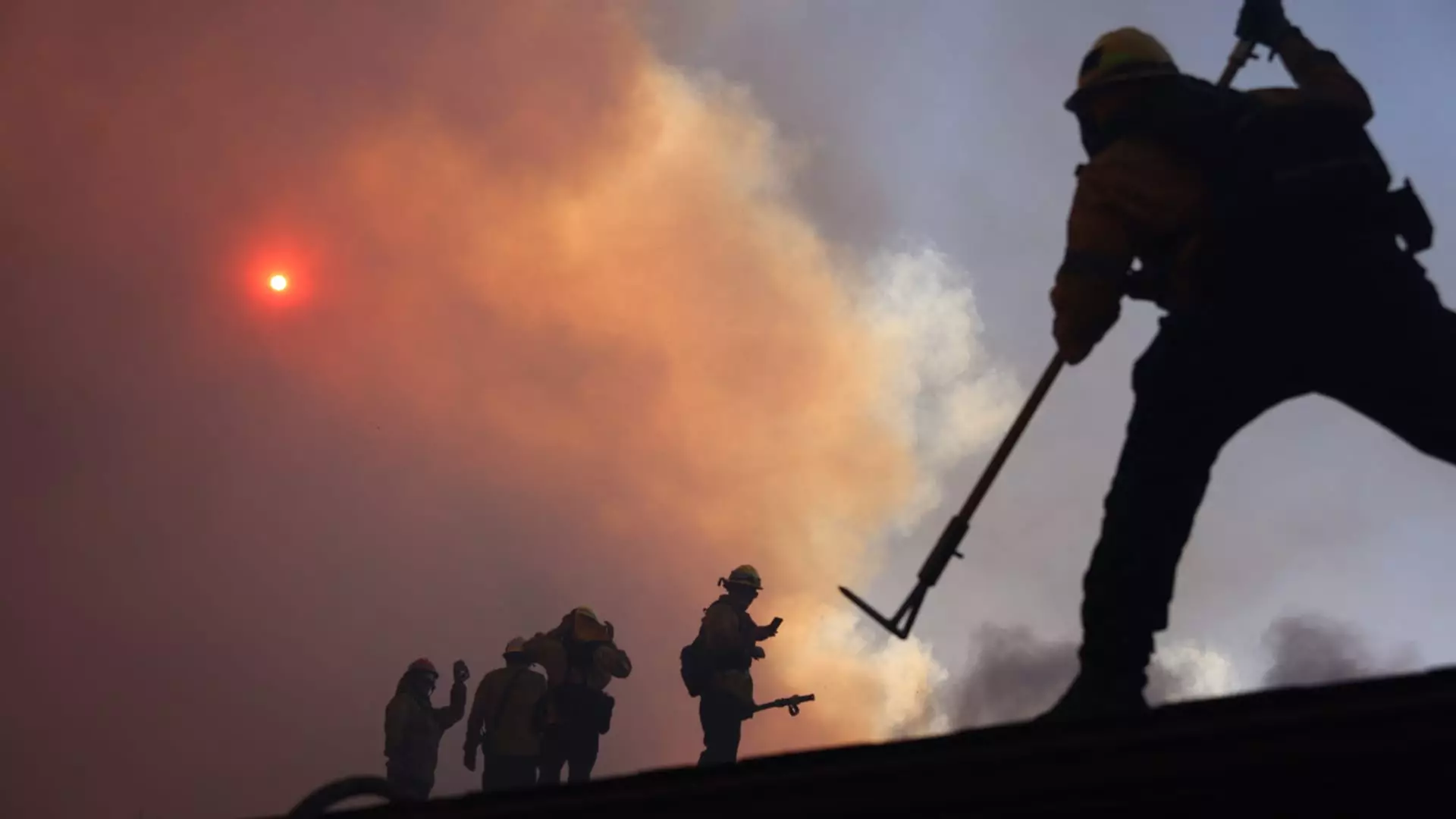As wildfires rage through the Los Angeles area of Southern California, the devastation is stark. With tragic reports confirming the loss of five lives and over 100,000 residents evacuated, the emotional landscape is grim. Nearly 2,000 homes and businesses have fallen victim to the flames, leaving countless families in despair. The urgency to support those affected has spurred public outcry for aid, with many eager to donate money or supplies to relief efforts. However, the chaos of such disasters often brings to light a darker reality — the proliferation of fundraising scams.
Understanding how to contribute effectively and safely has never been more crucial. The good intentions behind donations can sometimes lead to misplacement of funds if thorough vetting is not exercised. As such, it is essential for potential donors to navigate the evolving landscape of charitable giving with discernment, ensuring their contributions genuinely help those in need.
Trustworthy Nonprofits and Evaluative Resources
In light of the current crisis, platforms like Charity Navigator offer invaluable guidance for discerning which organizations are poised to provide meaningful support. This independent evaluator has meticulously curated a list of reputable nonprofits engaged in the immediate aftermath of the wildfires — organizations that have demonstrated efficacy in delivering aid directly to victims and frontline responders.
Prominent names on this vetted list include the American Red Cross, California Fire Foundation, and Global Giving, among others. Each organization listed has been evaluated for its operational transparency and commitment to disaster relief, ensuring that funds are channeled effectively. Michael Thatcher, CEO of Charity Navigator, emphasizes the importance of supporting these established charities, noting, “These are all outstanding organizations that can make a tangible difference.”
Despite the pressing need for support, experts warn against impulsive donations. Laurie Styron, CEO of CharityWatch, advises donors to refrain from hasty contributions, especially through individual crowdfunding campaigns. While these campaigns may seem personal and appealing, they often lack the necessary infrastructure and established plans that professional charities possess.
Many well-known organizations may not specialize in wildfire relief, potentially limiting their capability to assist affected communities. Therefore, it is imperative for potential donors to take their time to assess a charity’s legitimacy and experience in disaster management. As Styron aptly puts it, “It’s essential to ensure that the charity is not only trustworthy but actively providing aid on the ground.”
Combatting Fraudulent Solicitation
With the influx of donations during crises, unfortunately, comes the rise in fraudulent activity. Scammers eagerly exploit the urgency of these moments to solicit unknowing individuals. Thatcher stresses the importance of being proactive in verifying charitable organizations before making donations. A best practice is to bypass links in emails or texts and go directly to the charity’s official website for contributions. Reliable platforms such as Charity Navigator, the Better Business Bureau Wise Giving Alliance, and CharityWatch serve as essential resources for verifying the integrity of a charity.
Thatcher emphasizes that “there’s a safety element and a legitimacy element,” underscoring the significance of targeted searches for trusted organizations rather than responding reactively to solicitations.
In addition to these precautions, the BBB Wise Giving Alliance offers a wealth of resources for donors looking to contribute to wildfire recovery efforts. It is crucial for individuals to assess whether a charity is accredited and to remain vigilant when considering crowdfunding platforms. Always check how postings are screened and be aware of any transaction fees that may diminish the intended impact of your donation.
Moreover, potential donors should be cautious of vague appeals for support. Clear descriptions of how funds will be allocated and specific programs that will receive assistance should be standard. When clarity is absent, so too is accountability, which can hinder the relief efforts that genuinely need robust backing.
In times of crisis, the communal desire to assist is a testament to human kindness. However, this benevolence must be paired with vigilance to ensure that contributions yield the maximum benefit for communities in need. By engaging with trusted resources, taking the time to evaluate charities, and remaining mindful of potential scams, donors can contribute meaningfully to the essential recovery efforts following the destructive wildfires in Southern California.

